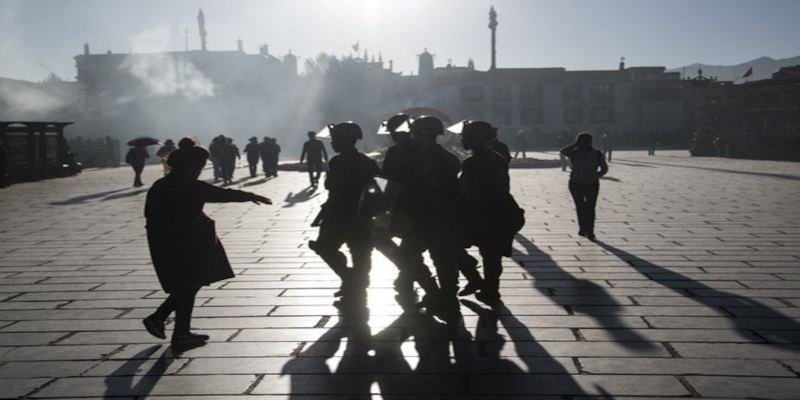Dharamshala, 26th December: According to RFA who cited Tibetan sources, authorities in western China’s Sichuan and Qinghai provinces have banned family visits for Tibetan political detainees, citing fears about the spread of COVID-19.
Despite the fact that no cases of infection have been documented at Sichuan’s Mianyang prison or the detention facility in Minyak Yak-nga (in Chinese, Ya’an), a prefecture-size city in the province’s western section, the restriction remains in place, according to a family member of two political prisoners.
As per RFA, they have gathered that in the past, prisoners were allowed to visit with family separated by a glass wall, and their families were allowed to bring in presents that had been inspected by prison authorities.
“But now, family members are not allowed to meet their imprisoned relatives even while socially distanced, and families may not send in any clothes, food items or medicines,” according to RFA, a source told them on condition of anonymity for security concerns.
“We have asked the authorities many times since 2020 to allow us to meet our relative held in Mianyang prison, but they have cited COVID prevention measures and given us no consideration,” the source told RFA as per the latter. “We had hoped at least to see him from a distance, but that request was also ignored, so we don’t know what our relative’s current condition is.”
A family member of a Tibetan detainee in Yak-nga also verified to RFA that many Tibetans are not allowed to visit their jailed relatives in prison.
“My relative is a political prisoner who was arrested in May 2019 and sentenced to four years and six months in Minyak Yak-nga, but we have been able to meet him only once since he was put in jail. We are very worried about his overall condition,” he said.
Following their release from prison, Tibetan political prisoners are compelled to disclose their activities to the police for at least one to two years. According to the previous reporting by RFA, the detainees are handed government-issued cell phones that track their movements and chats as part of a program that began in 2014.
Tibet was formerly an independent country that was invaded and absorbed into China by force over 70 years ago. Chinese authorities often detain Tibetans who are resisting Beijing’s control or promoting their national identity, and many are sentenced to long prison terms.
According to sources, language rights have become a particular focus of official attention, with spontaneously established Tibetan language courses typically labeled illegal associations and teachers detained and arrested.
Rewritten and paraphrased from RFA

